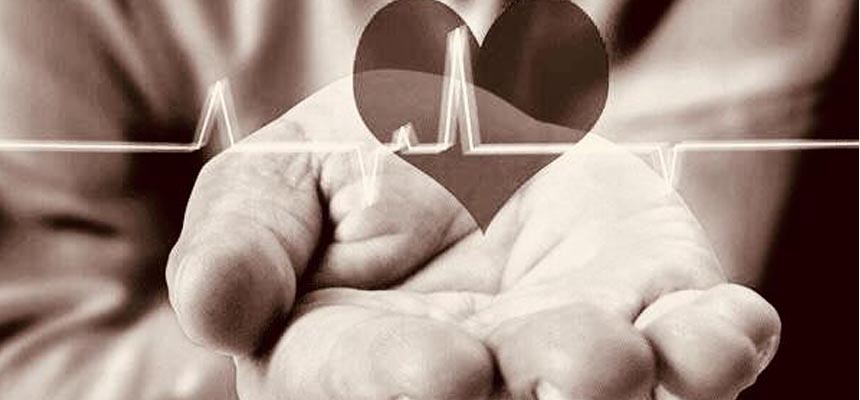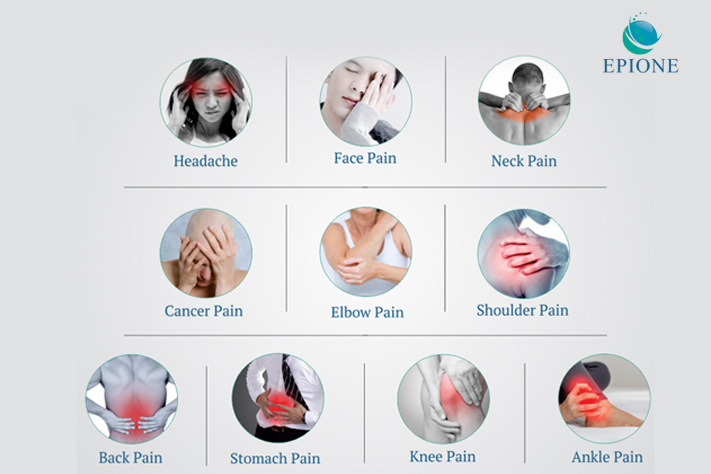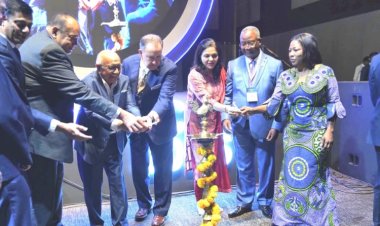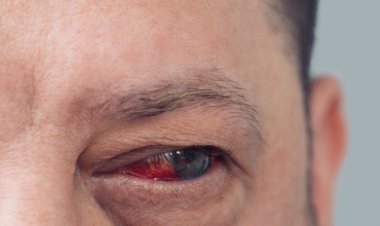MY HEART IS POUNDING SHOULD I WORRY

Palpitation is a phenomenon where one becomes aware ofhis or herown heart beating.It may be referred to various medical conditions. To the person it may feel like, his heart is acting weird,racing, pounding,thumping or he may describe it as beats occurring too quickly or too slowly.One may simply say his heart beatings is distracting him from his other activities. A few say they skipped one or more beats occasionally. Some complain that they feel nauseating, mild discomfort in abdomen, chest or neck, short of breath along with a feeling of something is happening in the heart. The north Indian patients may simply refer to it as ‘ghabarahaat’,which means nervousness.Most often these palpitations are not a cause of much concern. But at times,these symptoms need Doctor’s attention, who candecide if there’s any need for further investigationsor specific treatment.
PHYSIOLOGY OF HEART BEATING
.jpg) “Dr. AN Patnaik, Consultant Cardiologist, STAR Hospitals” The adult heart beats generally about 65-75 times per minute while at rest. It may go up or down in tune with the activities of an individual. A rate of 60 or less is known as ‘Bradycardia’ and when it is > 100 per minute is called ‘Tachycardia’. The brain centers and some chemicals like catecholamines (adrenaline) influence the heart rate. Generally, the variations in heart rate and force of the contractions with normal activities like speed walking or excitement or fear are not perceived by the patient as palpitations.
“Dr. AN Patnaik, Consultant Cardiologist, STAR Hospitals” The adult heart beats generally about 65-75 times per minute while at rest. It may go up or down in tune with the activities of an individual. A rate of 60 or less is known as ‘Bradycardia’ and when it is > 100 per minute is called ‘Tachycardia’. The brain centers and some chemicals like catecholamines (adrenaline) influence the heart rate. Generally, the variations in heart rate and force of the contractions with normal activities like speed walking or excitement or fear are not perceived by the patient as palpitations.
HARMLESS PALPITATIONS
The heart beatings can increase harmlessly and transiently during fever, exercise, anxiety, panic states, excitement, during menstruation,pregnancy, after ingestion of coffee or tea or due to some medications like asthma inhalers, cold pills, diet pills, anti-psychiatric drugs, nicotine, amphetamines, due to anemia, thyrotoxicosis or during dehydration [termed sinus Tachycardia]. Naturally the heart rate settles to a lower level during sleep, deep mediation, due to some sedatives, betablockers, in hypothyroidism and in trained athletes [Sinus Bradycardia].These situations need attention to the precipitating factor or simply some rest and reassurance.
WORRISOME PALPITATIONS
Under this category we can include abnormal heart beats which are generated by abnormal mechanisms [short-circuits] in impulse generation or propagation [Arrythmias]. The patient has more intense symptoms, feels strange, weak/sinking feeling, faintness, short of breath, atypical chest discomfort or nausea. The heart rate is inappropriately too fast or too slow and not in tune with the patient’s activities. They can appear suddenly often without any provocation and may also stop suddenly [Paroxysmal Episodes]. Upon termination the patient may feel exhausted and may pass excess urination. Only a few of them are dangerous &life-threatening. A type of heartbeat irregularity [called Atrial Fibrillation] may cause clot formation in heart chambers which can get pushed into any organs with dramatic presentation like brain-stroke or sudden visual disturbance. It is not surprising to get such an episode following heavy alcoholic ingestion.
In a diabetic patient an episode of palpitations and faintness may suggest severe lowering of sugar levels [Hypo-glycemia]. You should call for immediate medical assistance in case of sudden faintness or syncopal episode or acute severe chest pain or precipitation of stroke. Only a trained physician can decide the gravity, soon after seeing the ECG taken during an episode.When the episode is prolonged, not responding to simple medications or measures or appears too frequently there might be a possibility of serious issue. Now several tests are available to reach a specific diagnosis and offer good cure. If the palpitations are episodic, doctors can advise tests like Holter or loop monitoring.At times the condition may need elaborate evaluation by sophisticated methods like Electro-physiological studies. Sometimes the underlying abnormality of the structures in heart or pathology of the heart muscle can be the primary issue and the arrythmia is only a manifestation of the primary problem that needs to be fixed.The heart being normal, sometimes the original abnormality may be in a remote organ like thyroid or lung.For those who get diagnosed by serious Palpitations may need certain medications, electrical burning therapy (Radio-frequency ablation), devices like pacemakers or some special cardiac surgeries depending upon the severity.
HOME-REMEDIES THAT MAY HELP
• A restful sleep for some time may be all that is needed to get relief
• An acute episode may go away by splashing face with cold water,applying icepack on face, induction of vomiting, gentle pressure on the eyeballs or massaging one side of the neck
• Hold your breath or bear down like you’re having a bowel movement
• Drink lot of water, restore electrolyte balance
• Stop smoking.Avoid stimulants,excess alcohol or caffeine
• Avoid stress: meditation and yoga can help
• Regular exercises to tone up the heart
• Correction of anemia and thyroid abnormality can help
When episodes are too frequent and unable to get control over it with simple home remedies, you should not ignore them and visit your doctor immediately.
Book Appointment:Dr. AN Patnaik, Consultant Cardiologist, STAR Hospitals

 Disclaimer: Welthi.com does not guarantee any specific results as a result of the procedures mentioned here, and the results may vary from person to person.
Disclaimer: Welthi.com does not guarantee any specific results as a result of the procedures mentioned here, and the results may vary from person to person.









